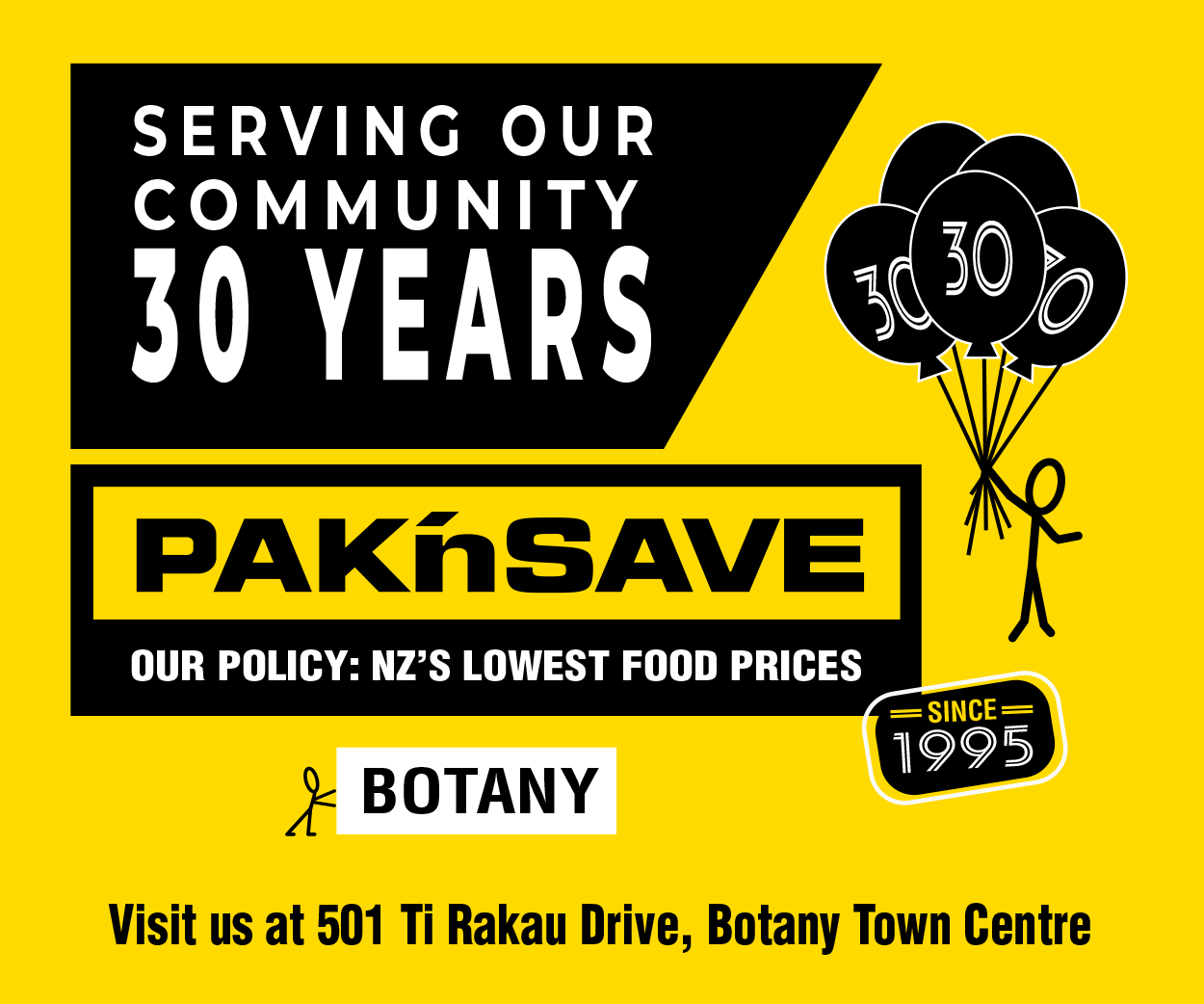
In the first 12 months of the Government’s flagship ‘priority one’ policy, nearly 1000 families with more than 2,124 children have been moved from emergency housing motel rooms to secure, stable homes.
“The largescale use of emergency housing was one of the biggest public policy failures in New Zealand history,” Housing Minister Chris Bishop says.
“Under the previous Government’s watch, thousands of children were consigned to grow up in cramped, dingy motel rooms at a cost to taxpayers of $1 million every day at its peak.
“The cost to taxpayers was a scandal, but the social cost for families trying to raise their kids from a motel room for months or even years on end was an absolute tragedy.
“We campaigned on introducing a priority one category to help these kids and their families move into social homes, and getting it up and running was a key priority for us as an incoming Government.”
Bishop says priority one, which has been in place for a year, bumps families with dependent children to the very top of the social housing waitlist if they’ve been in emergency housing for 12 weeks or more.
“Thanks to priority one and the hard work of many frontline staff across multiple Government agencies, thousands of children now live in a warm, dry social home instead of a crowded motel room.”
Associate Housing Minister Tama Potaka says the Government has achieved its target of reducing the number of households in emergency housing by 75 per cent by 2030 and now needs to maintain progress.
Since November, 2023, to April, 2025, households in emergency housing have dropped from 3,342 to 516, a reduction of 84.5 percent.
“Importantly, there are now significantly fewer children in emergency housing,” Potaka says.
“In April, 2024, there were 3,339 children in emergency housing, and a year later we’re down to 519.
“The focus on supporting whānau with tamariki into better stable homes could mean a world of difference for their health, school attendance, and regular employment.
“One of the whānau we’re talking about today is a family of six whose eldest child has serious health concerns needing specialist care, but who had been struggling while stuck living in emergency accommodation for six months.
“Our priority one focus helped get this whānau into a stable Kāinga Ora home and helped enable them to get the wider support they needed.
“We’ll continue to improve the housing system because there are thousands of deserving people out there just like this whānau, many of them on the social housing list just waiting to take proper care and enjoy a better home.”








